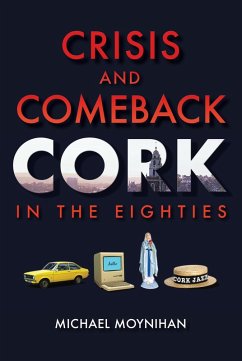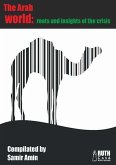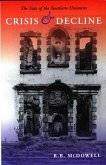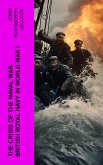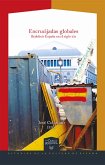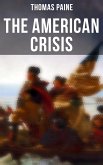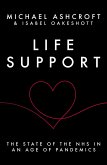Cork entered the 1980s with swagger. The 1970s had been dominated nationally by the city's favourite son, Jack Lynch, who was Taoiseach for much of the decade. And the sense of superiority wasn't confined to the political arena. The city had given Ireland a world-class rock star in Rory Gallagher, and boasted one of the first internationally recognised film festivals. Cork bustled: Patrick Street on a Saturday afternoon heaved with shoppers in Roches Stores and Cash's. There was a stability to the city, anchored by the institutions from which it drew its identity: the university, the Murphy's and Beamish breweries, the English Market. Underpinning those were key employers such as Ford, Dunlop and Verolme - internationally recognised names, deeply rooted in the fabric of the community after providing decades of employment. Confident and busy, Cork seemed to buck the trend of the late 1970s, as the ripples of the oil crisis spread economic uncertainty across the globe.
But by the middle of the 1980s, the city had been plunged into chaos. Ford, Dunlop and Verolme all closed within eighteen months. Every institution in the city seemed under threat. The two breweries came close to shutting down. The English Market survived not one but two devastating fires. Cork Corporation strongly considered turning it into a car park. The uncertainty spread beyond the unemployment statistics, horrific though they were, manifesting itself in religious hysteria, protest voting and crime. Cork had become a rust-belt region.
But a spiky self-belief, determined natives and vital new industries made all the difference as the city began the often painful transition from traditional manufacturing to what we now term 'the knowledge economy'. Drawing on extensive interviews with politicians, workers, writers and industrialists, Michael Moynihan weaves a sweeping tapestry of the city at a critical juncture. In a rich narrative, he tells the compelling story of how Cork's eventual status as a high-tech hub was won.
Dieser Download kann aus rechtlichen Gründen nur mit Rechnungsadresse in A, B, BG, CY, CZ, D, DK, EW, E, FIN, F, GR, H, IRL, I, LT, L, LR, M, NL, PL, P, R, S, SLO, SK ausgeliefert werden.

